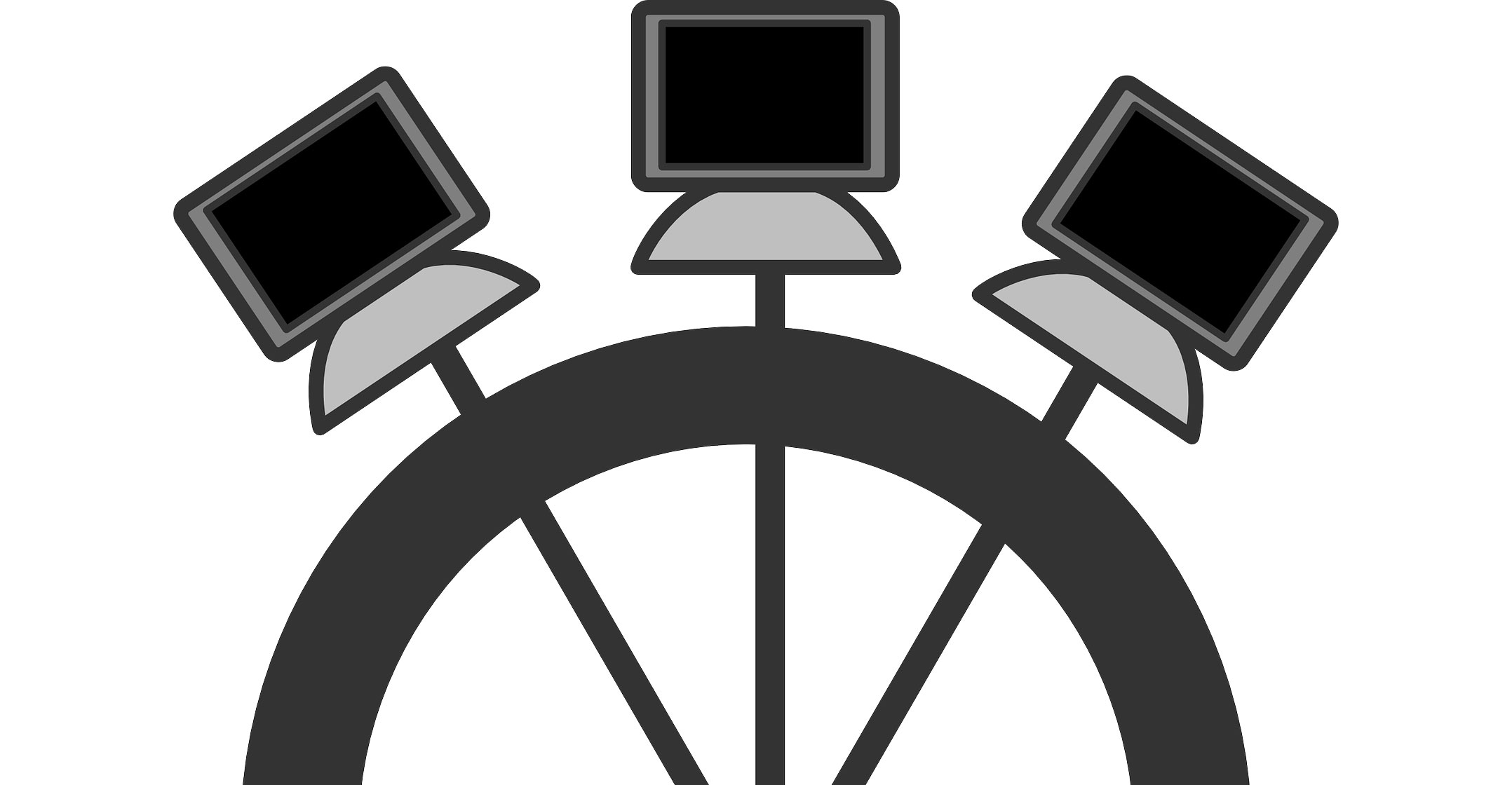 Has the era of quantum computing finally dawned? In a field long plagued by hype and hubris, there’s reason for some cautious optimism.
Has the era of quantum computing finally dawned? In a field long plagued by hype and hubris, there’s reason for some cautious optimism.
A team of scientists at Google’s research lab announced last week in the journal Nature that they had built a quantum computer that could perform calculations in about 200 seconds that would take a classical supercomputer some 10 000 years to do. An age of “quantum supremacy” was duly declared.
Rather uncharitably, IBM researchers were quick to point out that the feat was less than advertised. They estimated that by using all of the hard disk space at the world’s most powerful classical computer, the Summit OLCF-4 at Oak Ridge National Laboratory, they could do the same calculation in 2.5 days, not 10 000 years. Google’s claim to have achieved quantum supremacy — that is, to have accomplished a task that traditional computers can’t — was premature.
This was to miss the bigger picture.
A rudimentary quantum machine has improved on the fastest supercomputer ever built by a factor of 1 080 — an immense achievement by any measure. Although the specific problem that Google’s computer solved won’t have much practical significance, simply getting the technology to work was a triumph; comparisons to the Wright brothers’ early flights aren’t far off the mark.
So, is the world prepared for what comes next?
Quantum computers, to put it mildly, defy human intuition. They take advantage of the strange ways that matter behaves at the subatomic level to make calculations at extraordinary speed. In theory, they could one day lead to substantial advances in materials science, artificial intelligence, medicine, finance, communications, logistics and more. In all likelihood, no one has thought up the best uses for them yet.
Risks
They also pose some risks worth paying attention to. One is that the global race to master quantum computing is heating up, with unpredictable consequences. Last year, US President Donald Trump’s administration signed a US$1.1-billion bill to prioritise the technology, which is a decent start. But the US will need to do more to retain its global leadership. Congress should fund basic research at labs and universities, ensure the US welcomes immigrants with relevant skills, invest in cutting-edge infrastructure and use the government’s vast leverage as a consumer to support promising quantum technologies.
A more distant worry is that advanced quantum computers could one day threaten the public-key cryptography that protects information across the digital world. Those systems are based on hard maths problems that quantum computers might theoretically be able to crack with ease. Security researchers are well aware of the problem, and at work on creating “post-quantum” systems and standards. But vigilance — and serious investment — is nonetheless called for.
No doubt, the quantum-computing era will have its share of false starts, dashed hopes and fiendishly difficult problems to overcome. As Google is showing, though, that’s how technology advances: bit by bit, into a very strange future. — (c) 2019 Bloomberg LP

